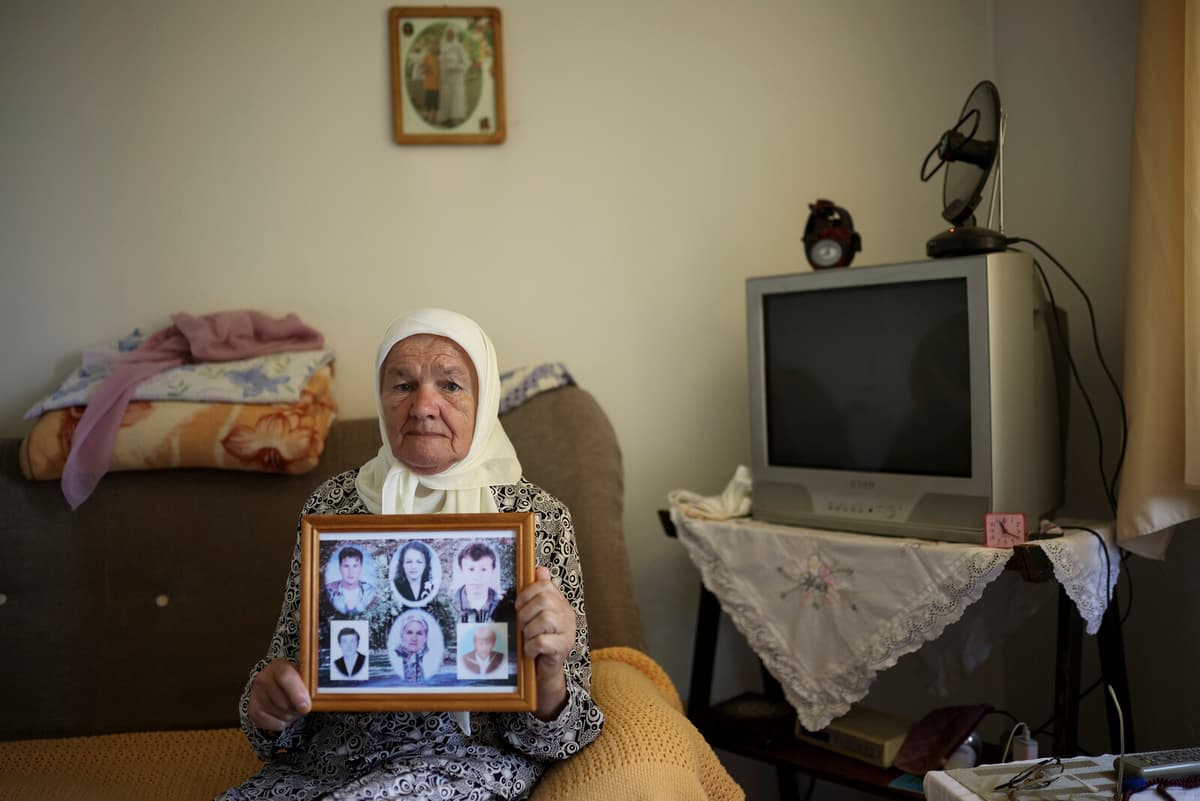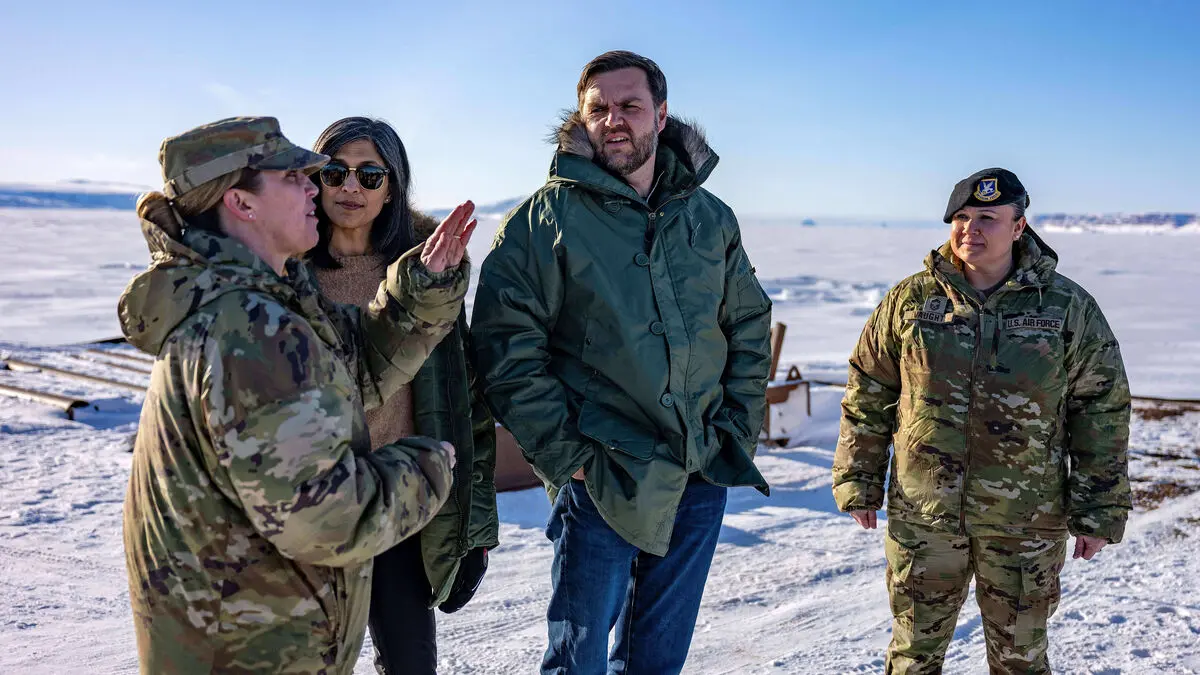The cemetery outside Srebrenica is growing. Every year, new remains from mass graves in the area around the small town are identified, and on the anniversary of the massacre, they are given a dignified burial in the presence of their relatives.
Now there are seven new graves.
The longing haunts the relatives to this day. Mejra Djogaz's family members were murdered in the mass executions. On Friday, one of them will be buried, she tells the news agency AP.
Every night, a couple of hours after midnight, I wake up and think about how they died.
I look around and I am completely alone. I have no one.
Waiting for her children
It is the summer of 1995 and the war is raging in Bosnia and Herzegovina. On July 11, Bosnian Serb forces capture the city of Srebrenica, which at the time is under UN protection. Men and boys are sorted out and taken away.
Then the worst mass murder in European history since World War II begins. Over the course of a few days, 8,000 Bosniaks – the Muslim population group – are murdered. The bodies are thrown into mass graves.
With tractors and trucks, the perpetrators then move the bodies to secret locations to hide the traces.
Aisa Omerovic's husband and two sons were murdered along with 42 other male relatives in Srebrenica. Alone in her home, she still listens for the sound of her children's feet when they enter the room.
I wait for the door to open. I know it won't, but I still wait, she says to AP.
"They are gone and there is nothing you can do about it"
Two different UN courts have ruled that the massacre in Srebrenica was genocide.
The commander of the Bosnian Serb army, Ratko Mladic, and Radovan Karadzic, the president of the Bosnian Serb administration, have been sentenced to life imprisonment for genocide and crimes against humanity.
The genocide still casts a shadow over 89-year-old Suhra Malic, writes AP. She is tormented by the thought of how her two sons were murdered.
It's not a small thing to give birth to children, raise them, and see them get married. And then, just when they've moved and started standing on their own feet, you lose them.
They are gone and there is nothing you can do about it.
The Bosnian war raged between April 1992 and December 1995 and was fought in connection with the dissolution of Yugoslavia.
The warring parties consisted mainly of Bosniaks, Bosnian Serbs, and Bosnian Croats.
About 100,000 people died and over two million were forced to flee.
The siege of the capital Sarajevo lasted for almost four years, which is one of the longest sieges in modern history.
In December 1995, the war ended with the Dayton Agreement. With the peace, the country was divided into two self-governing entities: the Federation of Bosnia and Herzegovina and Republika Srpska.
Sources: Popular History






